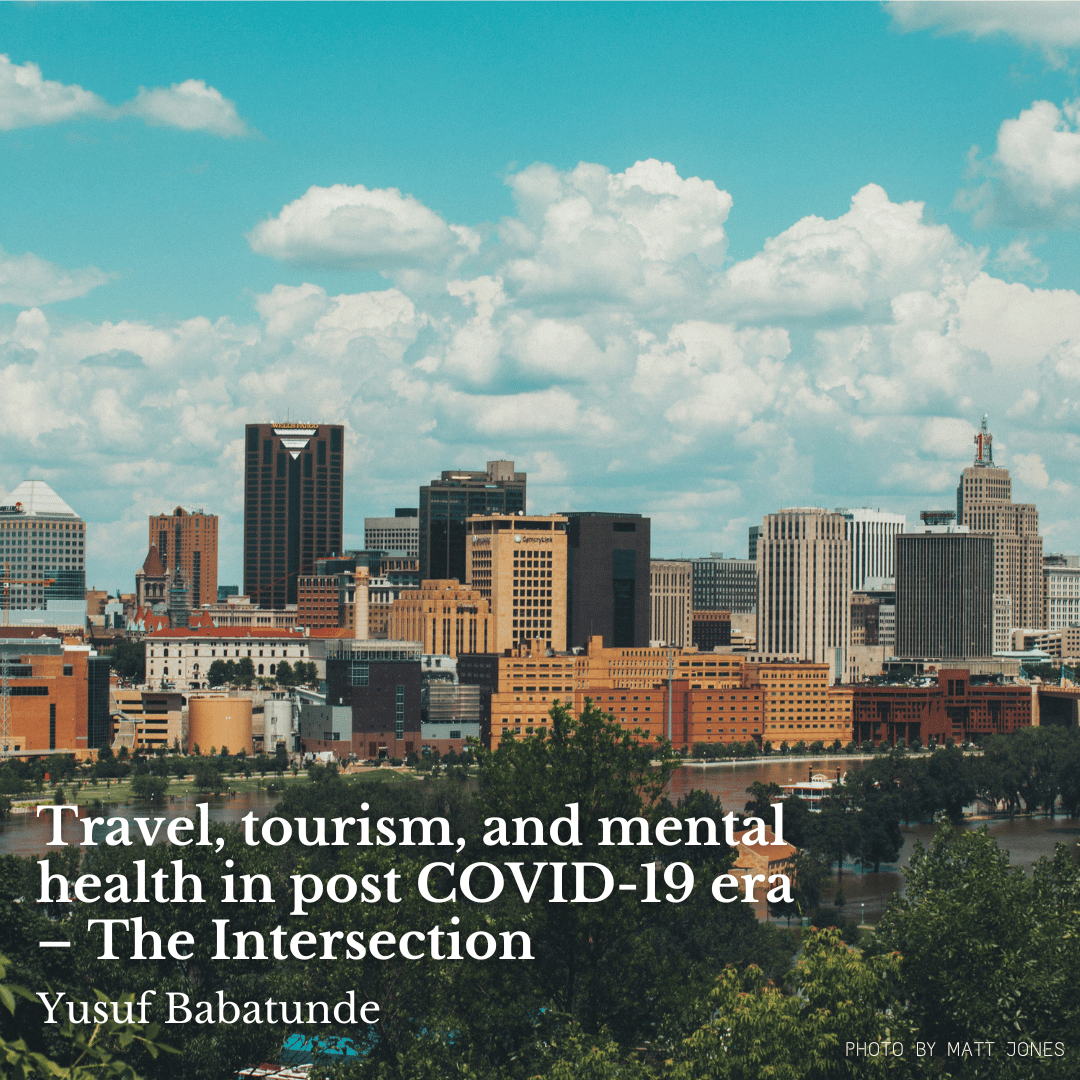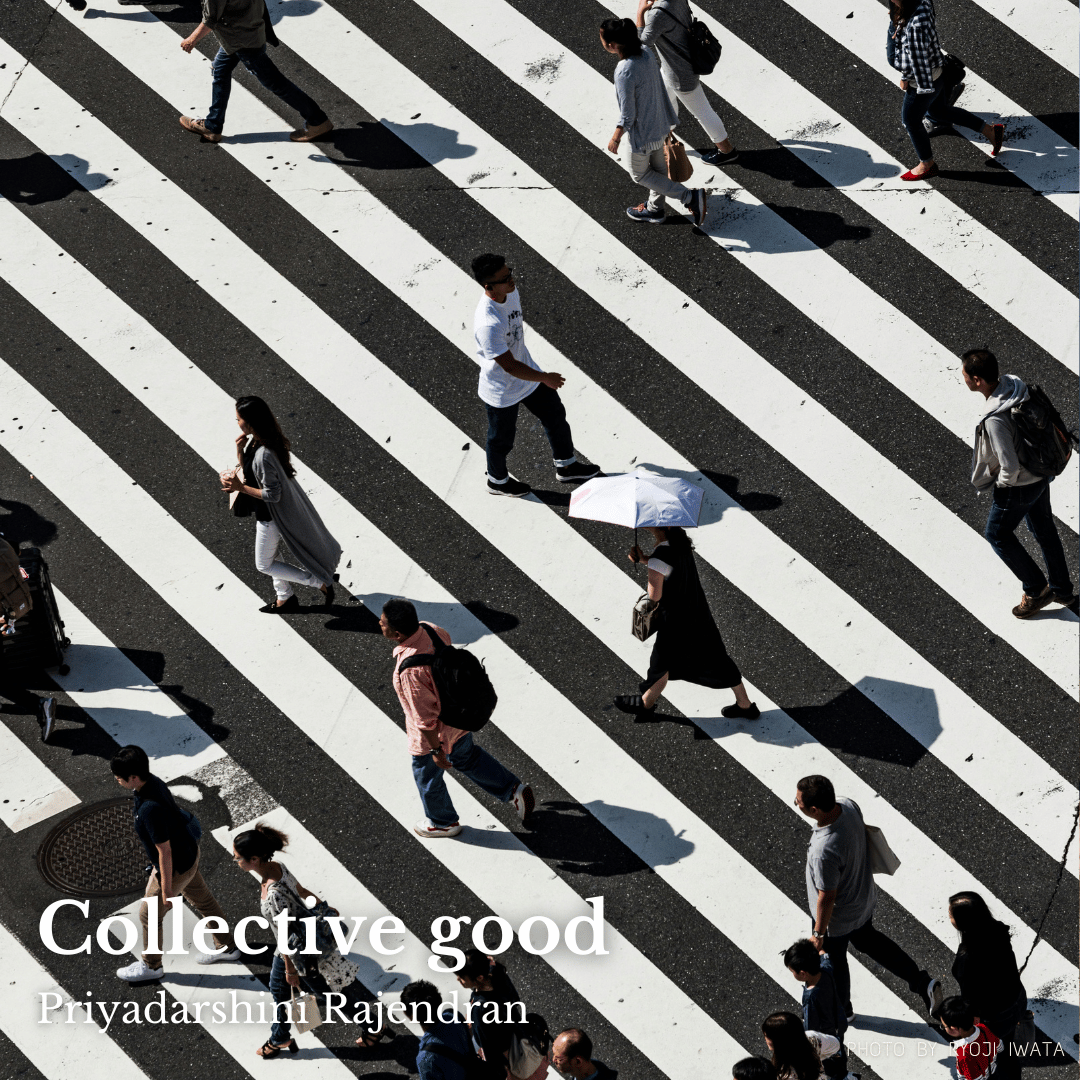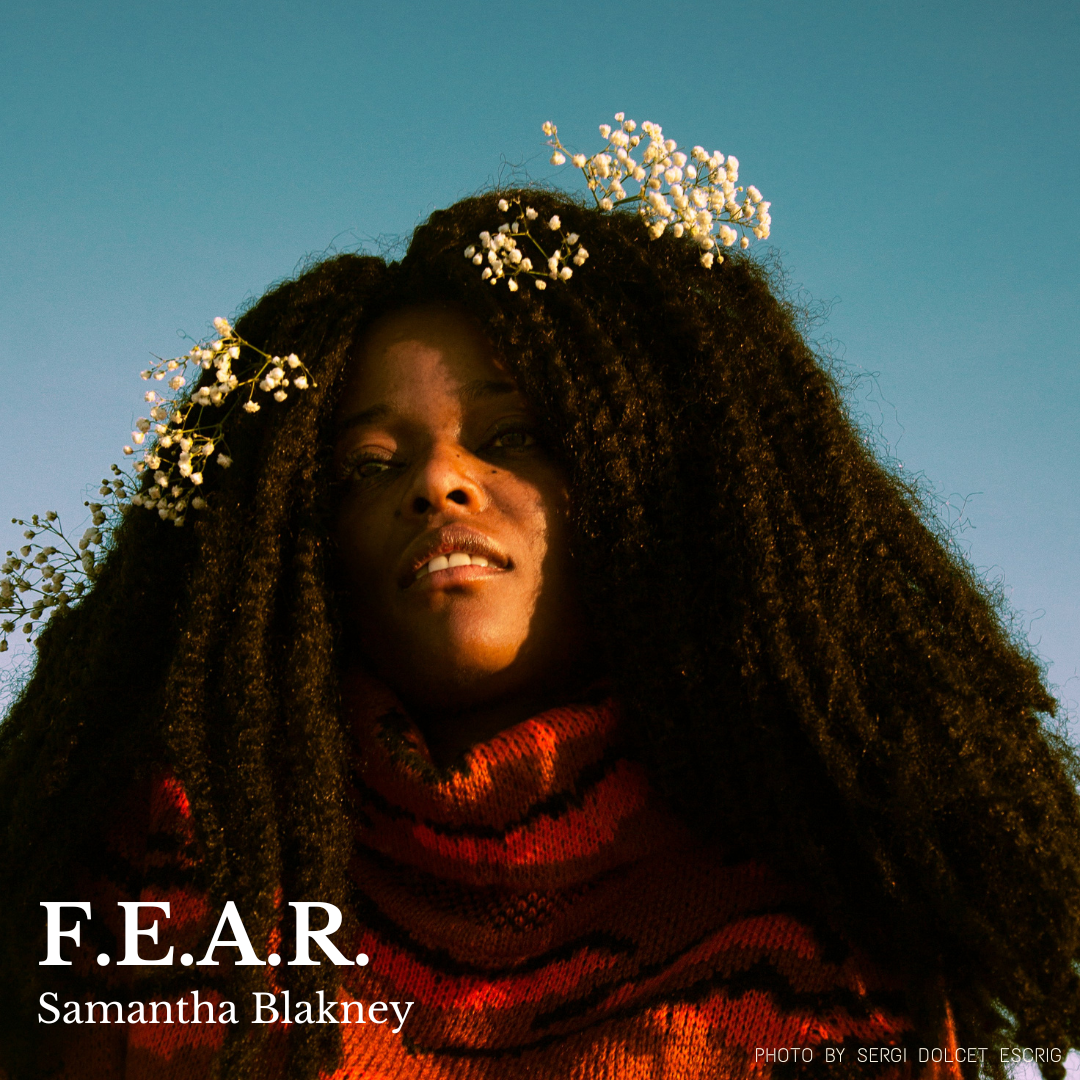In October of 2022, we released our second Open Call: How might we view healing in mental health through art, letters, stories and poetry following the pandemic? The following is an art submission we received from this open call.
“The concept of quality health extends beyond physical health to general wellbeing, social and emotional wellbeing, and even life satisfaction. Millions of people travel yearly to escape from everyday pressures and improve their mental and emotional wellbeing. However, the COVID-19 pandemic has suddenly transformed people’s lifestyles since 2020. The positive outcomes of travelling has been replaces by discrimination, psychological distress, anxiety, and insecurity. This submission helps to establish the nexus between travel and positive mental health outcomes post COVID-19 by leveraging on the power of public to support one another by working hand-in-hand with public health experts to co-create an enabling environment for people to enjoy long, healthy and creative lives.”
Yusuf Babatunde
Travel, tourism, and mental health in post COVID-19 era – The Intersection
Dear Public Health,
Or rather…..Dear General Public,
The concept of quality health extends beyond physical health to general wellbeing, social and emotional wellbeing. Millions of people travel yearly to escape from everyday pressures and improve their mental and emotional wellbeing. However, the COVID-19 pandemic has suddenly transformed people’s lifestyles since 2020. The changes brought on by the COVID-19 pandemic pose harm to traveler’s mental health. I’m sure you’re already getting a glimpse of where this letter is going to – travel, tourism, and mental health in post COVID-19 era.
Since the inception of the pandemic, the constant news coverage of the COVID-19 infection and mortality rates, as well as the constant spread of fake news without logical and academic proof as spurred questions on the dangers to mental health. It was no surprise that the attention of researchers was shifted to ‘impacts of pandemic on mental health and wellbeing” in 2020. As a result, news agencies were urged to implement “crisis communication strategies” to reduce the impact of COVID-19 news on mental health. The travel and tourism sector has always yielded positive connection between travel and mental health. Outcomes like reduced stress and exhaustion, improved health status, and higher life satisfaction has been few of the reports from tourists and travelers. In previous disease outbreaks like the SARS and MERS in 2003 and 2005 respectively, the number of tourists decreased considerably during and after the epidemics. In sync, the post-COVID19 era has seen an unprecedented change in the positive outcomes of travelling to psychological distress, anxiety, and insecurity. Tourist discrimination also increased during and post COVID-19 as tourists and travelers find themselves unwelcome to many countries.
Public and Public Health cannot exist independently. As the general public, we need to work hand in hand with public health experts to co-create an enabling environment for people to enjoy long, healthy and creative lives. Mental health is important for the entire globe – it affects everyone everywhere. It is therefore imperative to be socially committed in the health of people in our communities to maximize quality of life and health. We need to engage in health promotion of knowledge, attitudes, and practices to protect, maintain, and advance individual and community health. We need to stop travel discriminations and racism. Remember the African saying “Ubuntu” – I am because we are. We need to include mental health issues in broader conversations about health to reduce stigma. We need to welcome travelers and tourists from foreign countries with open arms as long as all precautionary measures has been taken. This would lead to a universal improvement in mental health post COVID-19.
Follow Us On Social Media!
Instagram: @light4ph
Twitter: @light4ph
Facebook: @LIGHT – Leaders Igniting Generational Healing and Transformation
Youtube: @light4ph



